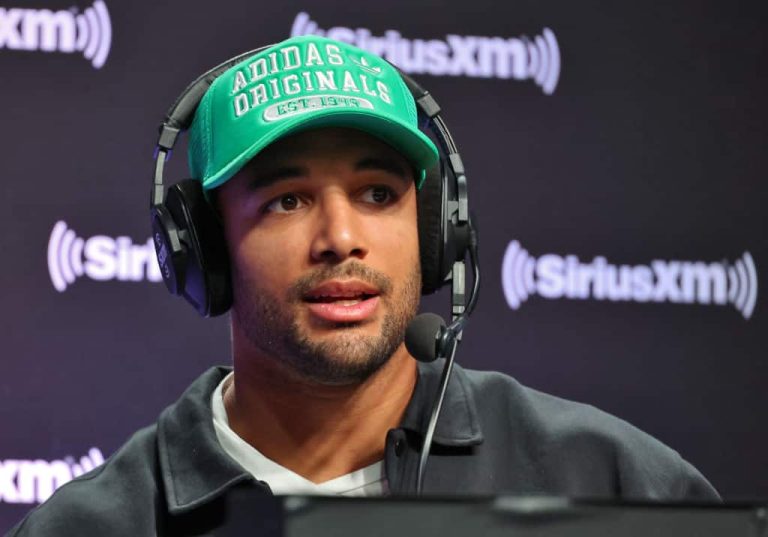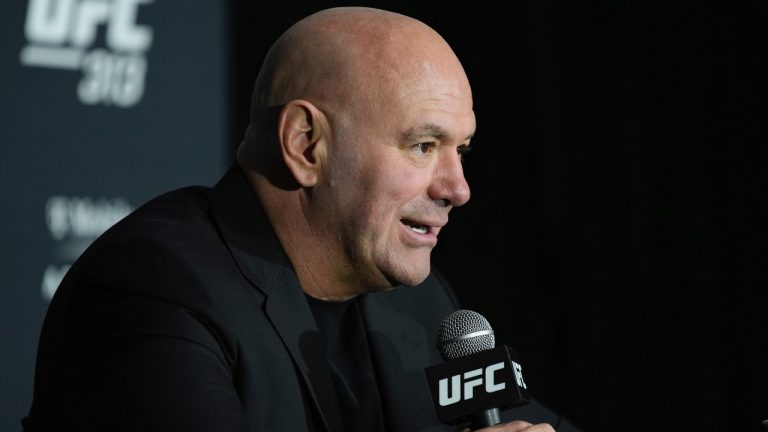Music rights company Concord is preparing to issue $1.75 billion in bonds backed by more than one million music copyrights.
The bond issuance is backed by the master recordings and compositions from artists such as Creed, R.E.M. and Phil Collins, American Banker reported, citing data from Kroll Bond Ratings Agency (KBRA).
According to ratings agency Moody’s, the proceeds will be used to repay a bond issuance that Concord completed in 2022. At the time, it was described as “the largest asset-backed securitization offering of music rights in the industry to date.”
The $1.75 billion refinancing is split into four elements:
- The series 2025-1 A1 $100 million variable funding note with variable interest rate and a three-year term, with the potential to extend for two further one-year terms (effectively a combined five-year term);
- The $400 million series 2025-1 A2 note, which has a five-year term and fixed interest rate;
- The series 2025-2 note with proceeds of $550 million, a seven-year term, and fixed interest rate;
- And finally, Concord Music Royalties series 2025-3 note, a $700 million 10-year bond with a fixed interest rate.
MBW understands that this makes Concord the first music company to issue long-dated debt backed by music rights, and that Concord sees this as an opportune time to reduce its blended cost of debt.
Global investment firm Atlas SP is managing the deal, which is scheduled to close on July 31, American Banker reported.
The music rights portfolio backing the bonds was valued at $5.12 billion as of the last day of 2024, according to an assessment by Virtu Global Advisors LLC, as cited by Moody’s. About 60% of the assets behind the debt issuance are recorded music royalties, while 40% comes from publishing royalties, Moody’s said.
The ratings agency gave the bonds a score of A2 (upper-medium grade, low credit risk), the agency’s third-highest ratings tier.
Moody’s cited “the high quality of the collateral backing the notes which includes a large, seasoned catalog of music royalty streams that is highly diversified by artist, genre and vintage,” as well as “the strong global music industry fundamentals reflected in the continued revenue growth, owing to the healthy growth in streaming and favorable statutory royalty rates.”
“The collateral backing the notes… includes a large, seasoned catalog of music royalty streams that is highly diversified by artist, genre and vintage.”
Moody’s
Moody’s also cited the bonds’ “relatively low loan-to-value ratio of 51%.”
“The diversification of the portfolio reduces the reliance on individual artists/songwriters. In addition, more than three quarters of recorded music catalog cash flows are from copyrights that are more than 10 years old, which are less volatile and more predictable,” Moody’s said.
American Banker reported that KBRA issued an A+ rating on the debt (high credit quality, low probability of default), its third-highest rating tier.
Concord’s latest ABS transaction follows an $850-million issuance in October last year (five-year notes maturing in October 2029), part of which was used to acquire a $217 million catalog from Latin music superstar Daddy Yankee.
While asset-backed securities (ABS) have long been a part of the financial world, they’re a relatively new arrival in the music rights space, rapidly gaining popularity over the past several years.
Blackstone-owned Hipgnosis closed a $1.47-billion ABS transaction last fall, which the company said would be used to “repay existing debt in full and support future acquisitions.”
Other recent ABS deals in the music rights world include a $500 million issuance to investment giant KKR by HarbourView last month; a $360 million issuance by Influence Media Partners this past January; a $266.5 million issuance by Kobalt in March of last year; and an $80 million issuance by indie music rights-focused Duetti last October.Music Business Worldwide







